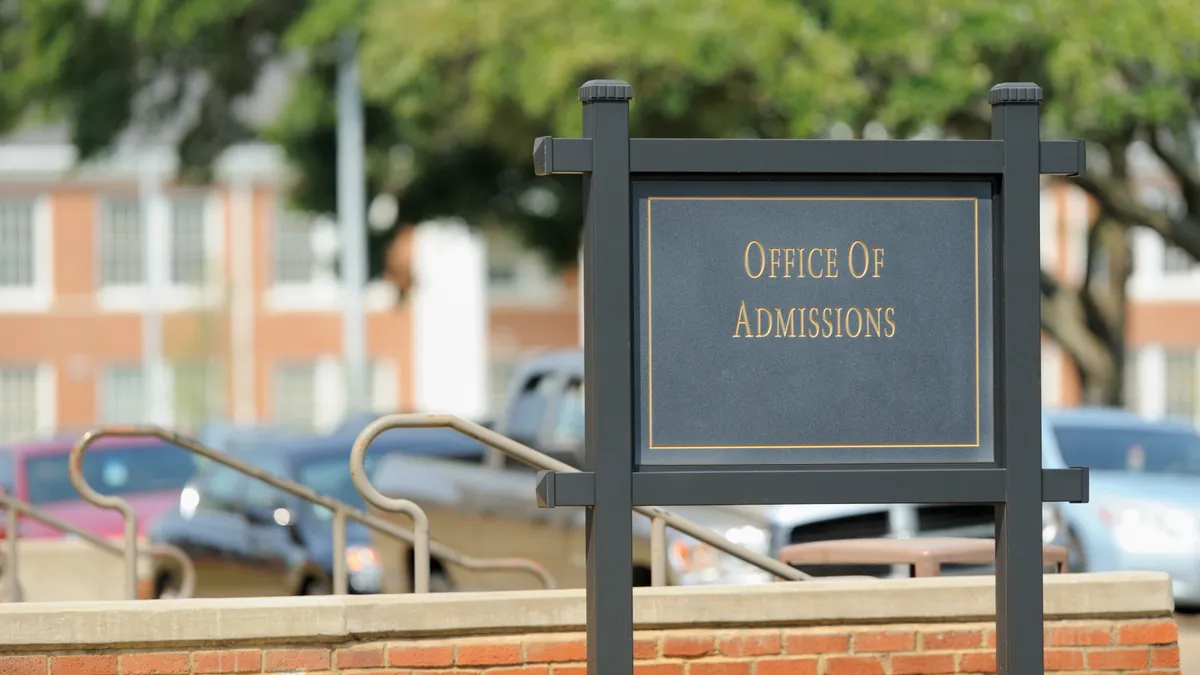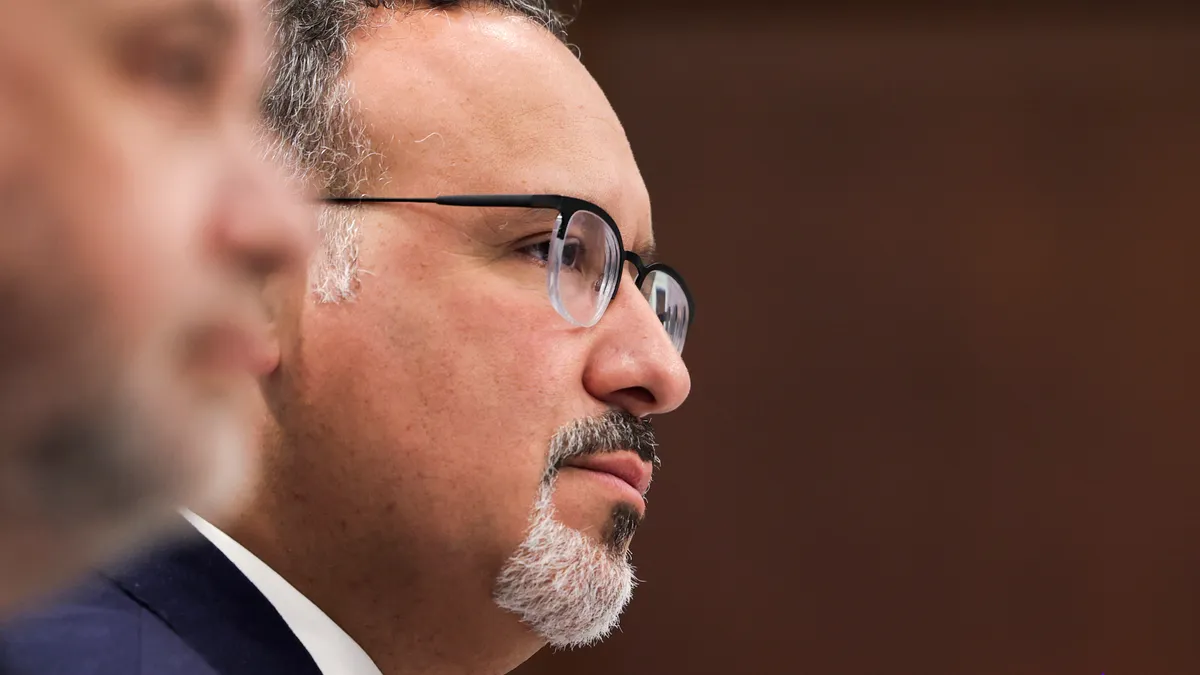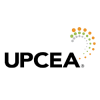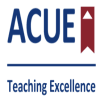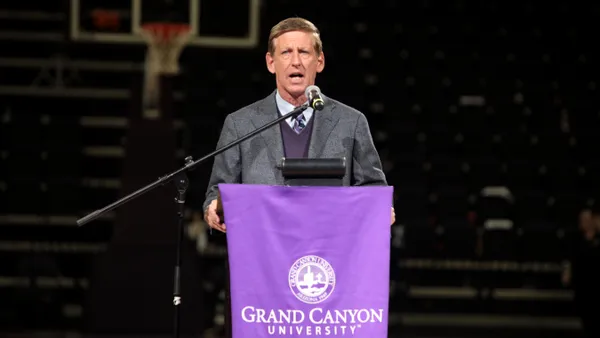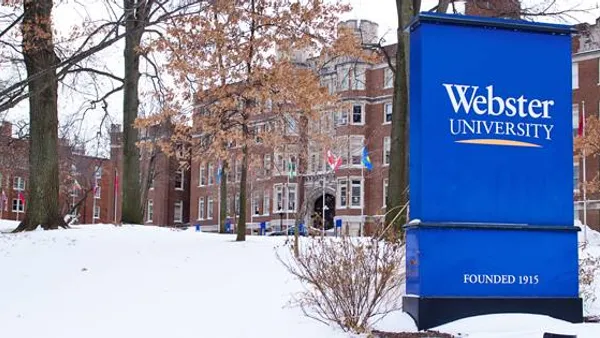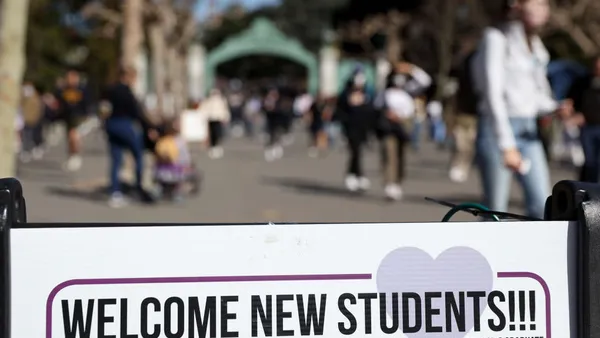Dive Brief:
- The Common Application said Thursday it is broadening its work in direct admissions, the burgeoning practice of proactively admitting students to a college before they even apply.
- The organization unveiled two programs. In the first, the Common App will help with Connecticut's existing direct admissions initiative that automatically admits students to one of nine participating public and private colleges in the state. The second is more generalized — the Common App will work with 70 other U.S. colleges to send automatic admission offers this month to some 200,000 students.
- Common App representatives said Thursday the ventures are part of its goals to improve college access and close equity gaps for low- and moderate-income students.
Dive Insight:
The Common App is an online portal enabling students to apply to its more than 1,000 member institutions. It waded into direct admissions in 2021 through a pilot with a handful of colleges, and over the years it has brought in more institutions.
Its latest pilot was for the 2022-23 academic year with 14 institutions. It found that of the 33,000 students who were automatically admitted, 1,893 had applied to one of the 14 colleges.
This amounts to less than 6% of the pool. However, the program resulted in a roughly 4% increase in the share of underrepresented minority students who applied and about a 3% increase in those from low-income neighborhoods.
Supporters of such programs argue they erode the barriers keeping historically marginalized students out of college, including by exposing them to institutions where they never thought to apply. But skeptics are quick to point out that an automatic admit letter can’t replace financial aid packages, as the high cost of college continues to burden lower-income applicants.
The Common App’s effort with 70 colleges will focus on first-generation students and those from less affluent backgrounds.
None of the colleges it’s working with, which span 28 states, are highly selective. They include the University of Massachusetts Boston, the University of Memphis and the University of Nevada, Reno.
“From the beginning, Common App's approach to direct admissions has been grounded in our mission of access, equity, integrity, and in research,” Jenny Rickard, president and CEO of the Common App, said in a statement. “Over three rounds of pilots, we have learned through data that the greatest promise of direct admissions is its power to change the narrative of higher education from one of scarcity to one of opportunity.”
The Common App is essentially helping promote Connecticut's program, which targets high school students in the state who graduate in the top 30% of their class.
Applicants who meet that threshold and complete a profile in the Common App “will receive an email congratulating them on receiving auto-admit offers and inviting them to complete any remaining steps.”



